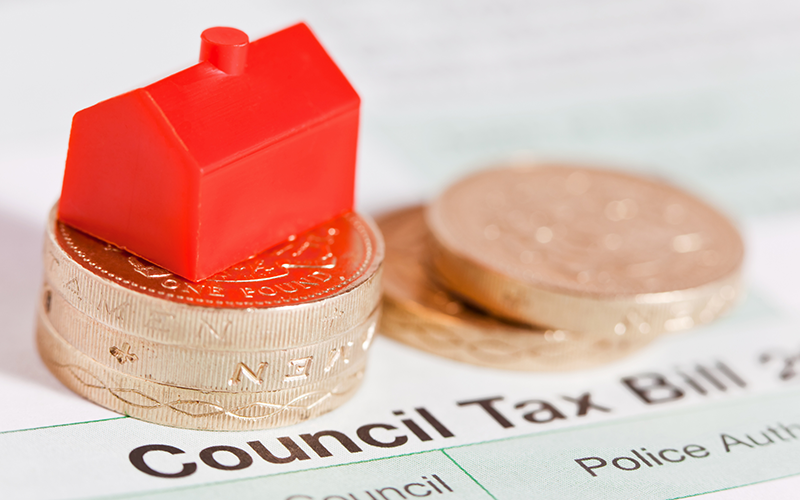
Image © iStock
Air BnB annexes will remain exempt from reforms to council tax.
Councils have told the government that a second homes premium need not be applied to furnished buildings next to a main residence.
The LGA said cabins or outhouses converted for Air BnB lets could stay as part of the main property’s tax liability.
The advice came in a consultation response to new powers in the Levelling Up and Regeneration Bill to charge a second homes premium.
According to the ONS, there are more than 257,000 hosts operating in the UK. They welcomed a total of 8.4 million guests into their accommodation in 2020.
Although in major cities there are concerns that housing is being turned into temporary lettings, in some rural areas they are critical to sustaining poorer communities through tourism.
The LGA said: “We agree that the policy objective of the second homes premium is not to change the status of furnished annexes which are being used as part of an adjacent sole or main residence. However, this should not apply to a furnished annex where the main residence is elsewhere.”
Councils told the government they want certainty so they can properly set charges and also flexibility to reflect local circumstances.
Two other critical issues are related to empty properties due to either the death of the occupant or building work.
Concerns have been raised by owners that due to labour and material shortages, plus delays in the planning system due to the Covid-19 backlog, people having to move out due to renovations were paying excess.
The LGA said: “Councils will want to take account of all the circumstances surrounding major repairs before deciding whether to apply the premium. Some major repairs may be complete before six months and councils should have discretion to apply the premium if that is the case.”
The council tax submission to Whitehall officials was part of a local funding response that also including feedback on business rates improvement relief draft regulations.
Councils will have to work with the Valuation Office Agency (VOA) on issues such as checking whether business premises are occupied.
The LGA commented that councils should, according to Whitehall rules, be given new funding to meet this extra duty: “Applying the new relief will be a new burden for billing authorities including liaising with the VOA on the qualifying works certificate and carrying out the occupation check. The new burdens procedure should apply to this to ensure councils are fully compensated both for the costs of the relief and for any administrative costs incurred.”
With attention now shifting to the last autumn statement before the general election, there was also a pointed reminder to chancellor Jeremy Hunt to honour a commitment.
It said: “The government said in the 2021 Autumn Budget and Spending Review that local authorities would be fully compensated for the business rates measures including the new improvement relief.
“We look forward to further detailed conversations with the government on how this will be implemented, including any implications for Business Rates Retention. We would expect this relief to be dealt with in the same way as other reliefs granted since 2013/14 are dealt with.”











